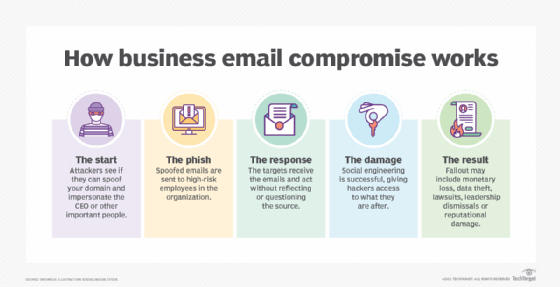Introduction to Online Romance Scams
Digital communication has transformed social interactions, paving the way for both genuine relationships and new forms of deception. Over the last two decades, advancements in online platforms have allowed users to cultivate romantic connections with anonymity, profile customization, and round‐the‐clock accessibility[1]. However, these same advantages have also facilitated the rise of online romance scams, whereby fraudsters use crafted fictitious identities to exploit emotional vulnerabilities and defraud unsuspecting victims.
The Evolution of Scam Tactics

The tactics employed by scammers have undergone a significant transformation over time. In earlier eras, email hoaxes and phishing scams could be spotted by obvious language errors and outlandish claims, such as the infamous Nigerian Prince scams or chain letters that pressed recipients to forward messages to their contacts[9]. As digital technology advanced, scammers moved on to developing fake online dating profiles that capitalized on the promise of romance, using stolen photos and alluring yet fabricated personal stories to build trust rapidly[5]. These early strategies laid the groundwork for more sophisticated social engineering techniques that rely on emotional manipulation and the gradual process of grooming victims.
Advanced Techniques: AI and Voice Cloning

Today's scammers have incorporated cutting‐edge artificial intelligence tools to further refine their methods. One such innovation is AI-powered voice cloning, where fraudsters use as little as a three-second clip of a victim's voice to generate a convincing impersonation. This technology allows scammers to place automated calls posing as a family member or close friend in need of urgent financial help, thereby increasing the scam's believability[10]. Additionally, deepfake audio techniques are being used to simulate real-time conversations, making it more challenging for victims to distinguish between genuine calls and sophisticated scams[11].
Psychological Insights and Recognizing Red Flags
Romance scams are designed to exploit emotional vulnerabilities by mimicking the stages of a genuine relationship. Scammers typically initiate contact with frequent and affectionate communications, often declaring love early on to create a sense of intimacy and commitment. This technique, known as love bombing, is usually followed by gradually escalating requests for money based on fabricated emergencies such as sudden medical needs or travel expenses[1]. Red flags include rapid declarations of eternal love, inconsistent personal details, hesitation to share verifiable information, and persistent pressure to move communications off secured platforms to private channels[2][5].
Beyond these signs, survivors of romance scams often describe a profound emotional impact marked by shock, anger, self-blame, and a prolonged period of mourning after the discovery of the scam. These psychological effects underline the importance of early detection and intervention in order to minimize long-term harm.
Survivor Narratives and the Emotional Impact
Accounts from victims highlight the turbulent experience of falling prey to online romance scams. Many recount how scammers carefully craft and maintain a relationship that initially feels deeply personal and genuine, only to eventually reveal themselves as fraudsters when financial demands are introduced. For some, the discovery comes as an emotional shock, catalyzing a cycle of grief and self-doubt characterized by stages akin to mourning, where anger and disbelief eventually give way to a resigned acceptance of being deceived[1]. These narratives not only serve as cautionary tales but also inform researchers about common vulnerabilities that can be addressed in preventive strategies.
Prevention Strategies and Safety Measures
Experts recommend a variety of methods to help individuals safeguard themselves against romance scams. One key measure is to exercise caution when an online contact quickly requests personal information or money — a behavior that is typically indicative of deceit[4]. Prospective victims are advised to conduct independent verification by reverse image searches, check for inconsistencies in the contact's story, and discuss concerns with trusted friends or family before taking any action. Additionally, in the context of AI voice scams, it is recommended to establish a family safe word or ask personal verification questions to confirm a caller's identity before proceeding with any financial transactions[10][11].
Using reputable platforms with strong security measures and remaining vigilant for unusual signals are essential strategies in mitigating risk. These recommendations are crucial in an era where emerging technologies continually provide scammers new tools to bypass conventional detection methods.
Get more accurate answers with Super Pandi, upload files, personalized discovery feed, save searches and contribute to the PandiPedia.
Let's look at alternatives:
- Modify the query.
- Start a new thread.
- Remove sources (if manually added).



